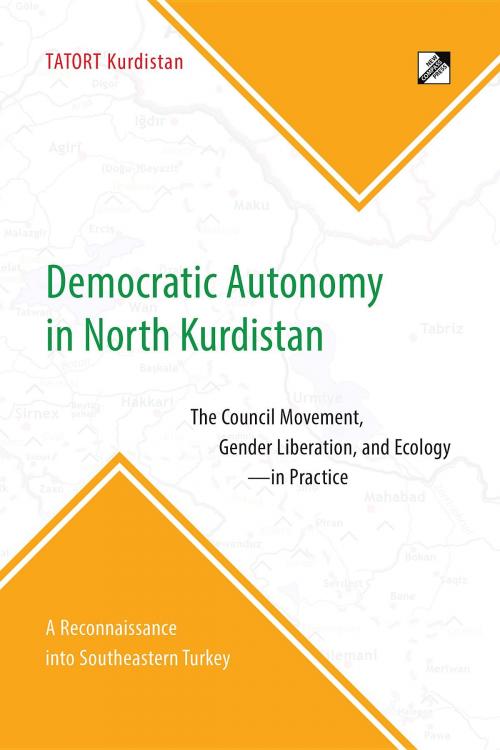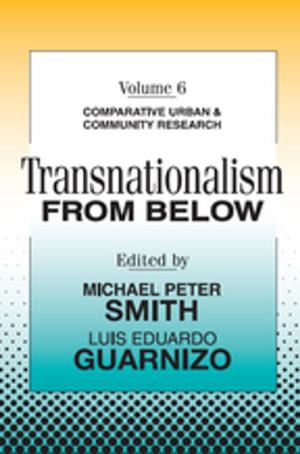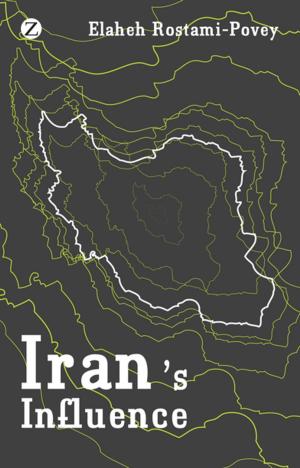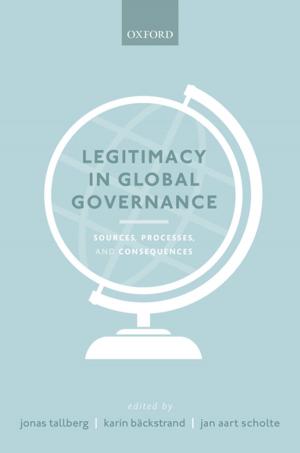Democratic Autonomy in North Kurdistan
The Council Movement, Gender Liberation, and Ecology
Nonfiction, Social & Cultural Studies, Political Science, International| Author: | TATORT Kurdistan | ISBN: | 9788293064275 |
| Publisher: | New Compass Press | Publication: | November 17, 2013 |
| Imprint: | New Compass Press | Language: | English |
| Author: | TATORT Kurdistan |
| ISBN: | 9788293064275 |
| Publisher: | New Compass Press |
| Publication: | November 17, 2013 |
| Imprint: | New Compass Press |
| Language: | English |
In order to find a peaceful solution to the Kurdish question, the Kurdish Freedom Movement in Turkey has developed an alternative social model: Democratic Autonomy.
In the fall of 2011, a group of TATORT activists journeyed into the Kurdish regions of Turkey to learn how the theory of Democratic Autonomy was being put into practice. They discovered a remarkable experiment in face-to-face democracy—all the more notable for being carried out in wartime.
Since 2005, under the most difficult of conditions, the movement in North Kurdistan has created structures for a democratic, ecological and gender-liberated society. At its core is a system of councils in villages, cities, and neighborhoods. These structures do not yet offer a way of life that is fully independent of the nation-state and the market economy, but they nonetheless reveal a potent civil counter-power.
The interviews and documentation in this book provide thought-provoking glimpses into the practical implementation of a new left vision. The radical democratic awakening of the Kurds may serve as an inspiration for social change in the Middle East and elsewhere.
In order to find a peaceful solution to the Kurdish question, the Kurdish Freedom Movement in Turkey has developed an alternative social model: Democratic Autonomy.
In the fall of 2011, a group of TATORT activists journeyed into the Kurdish regions of Turkey to learn how the theory of Democratic Autonomy was being put into practice. They discovered a remarkable experiment in face-to-face democracy—all the more notable for being carried out in wartime.
Since 2005, under the most difficult of conditions, the movement in North Kurdistan has created structures for a democratic, ecological and gender-liberated society. At its core is a system of councils in villages, cities, and neighborhoods. These structures do not yet offer a way of life that is fully independent of the nation-state and the market economy, but they nonetheless reveal a potent civil counter-power.
The interviews and documentation in this book provide thought-provoking glimpses into the practical implementation of a new left vision. The radical democratic awakening of the Kurds may serve as an inspiration for social change in the Middle East and elsewhere.















